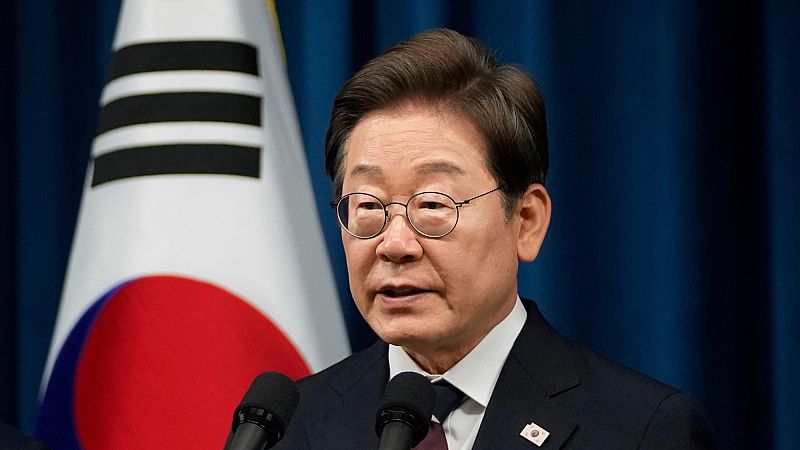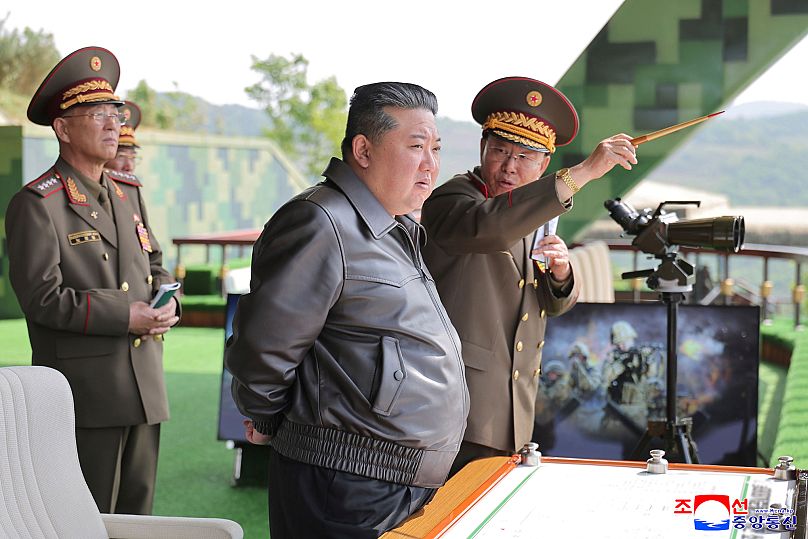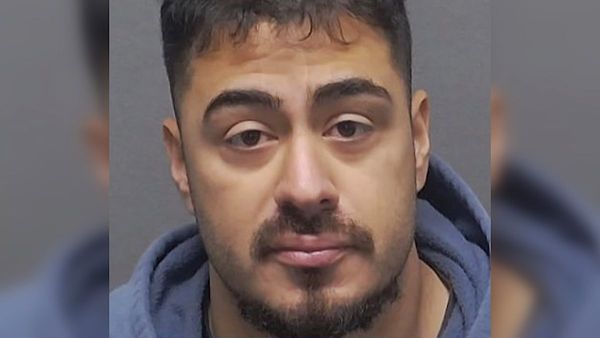
South Korea’s new President Lee Jae-myung has promised to recommence talks with North Korea with the aim of securing peace on the Korean Peninsula.
Lee, who was sworn in early on Wednesday following his victory in Tuesday's snap election, made the comment while outlining key policy goals for his five-year term.
In his inaugural address to the country's National Assembly, Lee pledged to deal with North Korean nuclear and other military threats with “strong deterrence”, bolstered by the South Korea-US military alliance.
However, he also said he would restart talks with Pyongyang, vowing to “open a communication channel with North Korea and establish peace on the Korean Peninsula through talks and cooperation”.
How this will be received remains unclear, as Pyongyang has rejected talks with Seoul since 2019.
Although critics of the liberal leader have previously accused him of looking towards China and North Korea and away from the US and Japan, Lee stressed that he wanted to increase cooperation between Seoul, Washington and Tokyo.

"Through pragmatic diplomacy based on national interests, we will turn the crisis posed by the major shift in global economic and security landscapes into an opportunity to maximise our national interests,” Lee said.
Dr Edward Howell, Korea Foundation Fellow at Chatham House’s Asia-Pacific Programme, told Euronews that while Pyongyang will prefer Lee to his conservative rival, it has shown little interest in dialogue with Seoul in recent years.
“Lee’s position on North Korea has been well-known, and past left-leaning governments have preferred policies of engagement and dialogue with North Korea over those involving sanctions," Howell said.
"Lee’s policy towards North Korea marks a significant shift from that of Yoon Suk Yeol, and whilst North Korea will be pleased with a victory by Lee over his conservative rival, Pyongyang has not shown — if any — intention to engage in talks with Seoul over the past four years," he added.
Howell, who is also a lecturer in International Relations at the University of Oxford, said that even if talks are held, they may be brief and without impact.
“There is a risk that North Korea will simply refuse to engage in dialogue with the South despite any overtures from the South," he said.
"The question remains as to whether any such dialogue between Lee and Kim Jong Un will have tangible effects on North Korea’s denuclearisation and human rights violations. The Moon Jae-in government demonstrated clearly how any such dialogue was short-lived.”
Lee's government faces many challenges, including a slowing domestic economy, US tariff hike and a volatile international context.
The new South Korean leader has repeatedly emphasised Seoul’s alliance with Washington as the cornerstone of its foreign policy.
Congratulating Lee on his election, Japanese Prime Minister Shigeru Ishiba said he wants to hold summit talks with Lee “as early as possible” to further promote bilateral ties, while the US State Department said that Seoul and Washington share “an ironclad commitment” to the alliance based on their “mutual defence treaty, shared values, and deep economic ties”.
South Korea, the US and their allies are concerned about Pyongyang's close ties with Russia.

They fear that Russia, in exchange for the troops and weapons North Korea has sent to help with its war against Ukraine, could give Pyongyang the technology needed to develop its nuclear weapons programme.
As for domestic affairs, the new president, who won 49.3% of the votes cast in Tuesday's election against the main conservative contender Kim Moon-soo's 41.3%, pledged to wage a “head-on battle” against the threats of recession in the country and to boost government spending.
Tuesday's snap election was triggered in April by the removal of former conservative President Yoon Suk-yeol, following his failed attempt to impose martial law in December.
Addressing the constitutional crisis that led to his presidency, Lee promised an in-depth investigation into Yoon’s imposition of martial law, while calling for the country to come together and heal its divisions.







